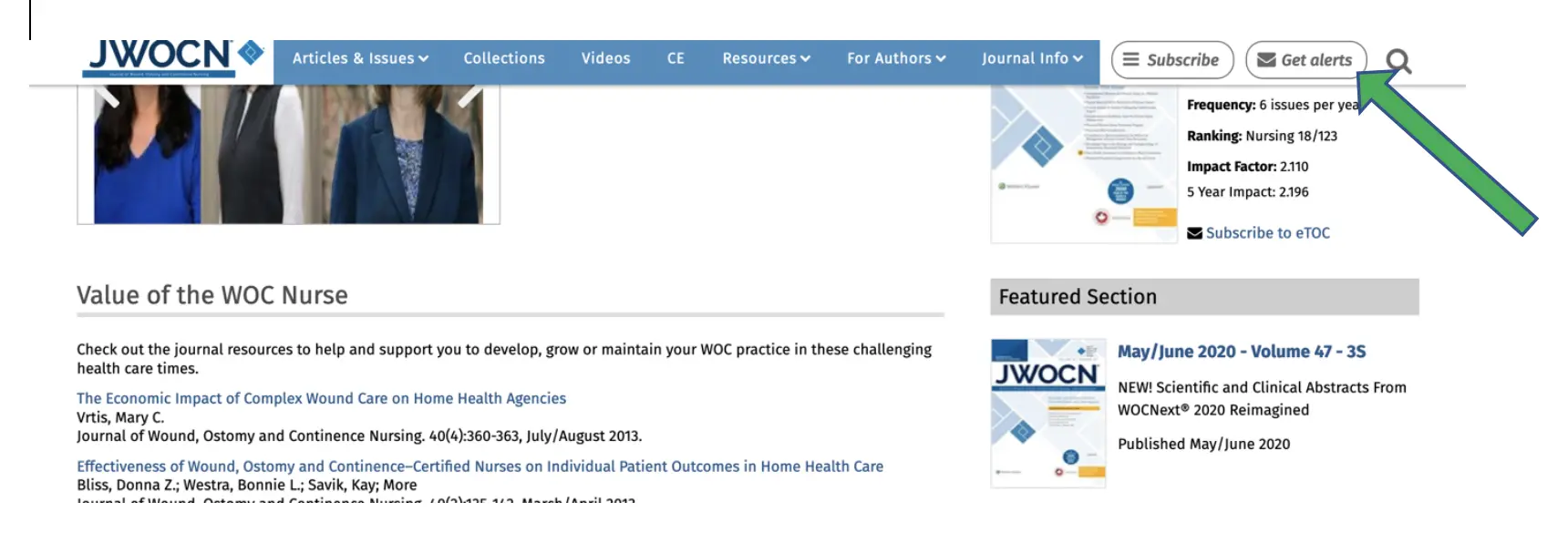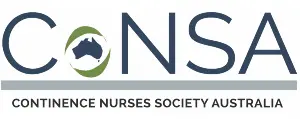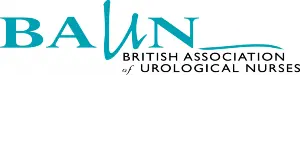This content is coming soon!
Professional Development
Presenting and Publishing
How to get journal alerts
It is easy to get the table of contents alerts from your favourite journals delivered to your email inbox as soon as they have been accepted following the peer review process.
The home page of most journals will have a button (for example: ‘get alerts’ or ‘get eTOC’) you can click, and then record your email address (see example in Figure 1 below).
They will then email you a list of their latest publications periodically.
You will be able to view the title and abstract of an article, but for most journals will need to access the full text via a health service or university library.
NB, reading professional journal articles can contribute to achievement of your yearly CPD requirements for registration.
 Figure 1 Example of a journal home page
Figure 1 Example of a journal home page
A list of professional journals you may want to consider as useful to your practice include:
- Australian & New Zealand Continence Journal – unfortunately the journal does not have a mechanism for journal alerts.
- BMC Urology
- British Journal of Nursing
- British Journal of Urology International (BJUI)
- International Journal of Urological Nursing
- Neurourology and Urodynamics
- Nursing Standard
- Urologic Nursing
- Wound Ostomy & Continence Nursing Journal
Research Review Australia
Research Review publications bring the best of 10,000 global medical journals to your inbox every issue with commentary from Australian experts.
Research Review publications are free to receive for all Australian health professionals.
Continence Research Review covers topics such as nocturia, urinary incontinence, LUTS, overactive bladder, reconstructive urology and many others.
Subscribe to Continence Research Review
Prostate Cancer Research Review is a unique Australian site providing topical, relevant and accessible information for health professionals with an interest in prostate cancer.
The review is a summary of what we think are some of the most significant new papers in this area along with local commentary on why they are important and how the findings can potentially affect local practice.
Subscribe to Prostate Cancer Research Review
Urology Research Review covers topics such as genitourinary disorders, endourology, laparoscopy, urogynaecology, benign prostatic hyperplasia, kidney stones, bladder cancer and erectile dysfunction.
ICS Continence Reports
European Association of Urology Nurses
European Association of Urology Nurses is the representative body for European nurses in urology.
EAUN produces online education courses, workshops and lectures, hosts an annual 3-day conference, and offers fellowships.
Wound, Ostomy and Continence Nurses Society
The Wound, Ostomy and Continence Nurses Society (WOCN) is a professional, US-based, international nursing society of more than 5,000 health care professionals who are experts in the care of patients with wound, ostomy and incontinence.
Society of Urologic Nurses and Associates
The Society of urologic nurses and associates (SUNA) is a US-based organisation, focusing on urologic and related nursing. SUNA;
- Publishes a professional, peer-reviewed bi-monthly journal (Urologic Nursing Journal) and a newsletter (Uro-Gram)
- Establishes the scope and standards of urologic nursing practice and the scope and standards of advanced urologic nursing practice
- Provides scholarships, grants and awards to nurses and other health care professionals.
British Association of Urological Nurses
The British Association of Urological Nurses (BAUN) aims to develop Urological Nursing and support Urology Nurses.
The Association;
- Holds annual conferences and study days
- Produces guidelines for practice
- Distributes the International Journal of Urological Nurses to members
- Publishes a quarterly newsletter for members
Australian and New Zealand Urological Nurses Society
ANZUNS is the peak professional organisation for urology nursing in Australia and New Zealand. ANZUNS' objectives are;
- To create the opportunity for Urology Nurses to undertake research based practice through education
- To provide expertise through the provision of guidelines, standards of practice and special interest groups
- To provide leadership to facilitate collaboration amongst urology health professionals
Prostate Cancer Foundation of Australia
Prostate Cancer Foundation of Australia (PCFA) is a broad based community organisation and the peak national body for prostate cancer in Australia.
More Articles ...
Continence courses
Are you thinking of commencing further education in continence nursing?
CoNSA recommends that you consider the following:
Further your understanding of the role of the Nurse Continence Specialist (NCS)
Download the Practice Standards for Nurse Continence Specialists.
These standards have been designed to guide nurse continence specialist practice, and to guide Registered Nurses who want to develop their knowledge and skills in this area of clinical practice.
Become a member of CoNSA
Membership will give you access to a network of continence nurse specialists across Australia, as well as opportunities for continuing education and mentorship.
You can find more information about membership here.
Undertake further education
As the role of NCS is an advanced practice role, there is an expectation that you would pursue post graduate qualifications (Graduate certificate, diploma, or master’s degree level).
There are several options for further study although most won’t give you a formal post graduate qualification as they are essentially subjects or short courses.
You may be able to apply for credit at a university for any subjects or short courses you have successfully completed. However, for many people, continence related short courses or subjects are a good place to start getting into the specialty area.
The short courses/subjects listed below have been reviewed by CoNSA as being relevant to continence nursing practice, and address some or all the NCS practice standards.
CPD
NMBA registration requires that standards for continuing professional development are met annually.
Access the NMBA Guidelines: Continuing Professional Development
In addition to other CPD opportunities available throughout this website, please note these potential sources:








